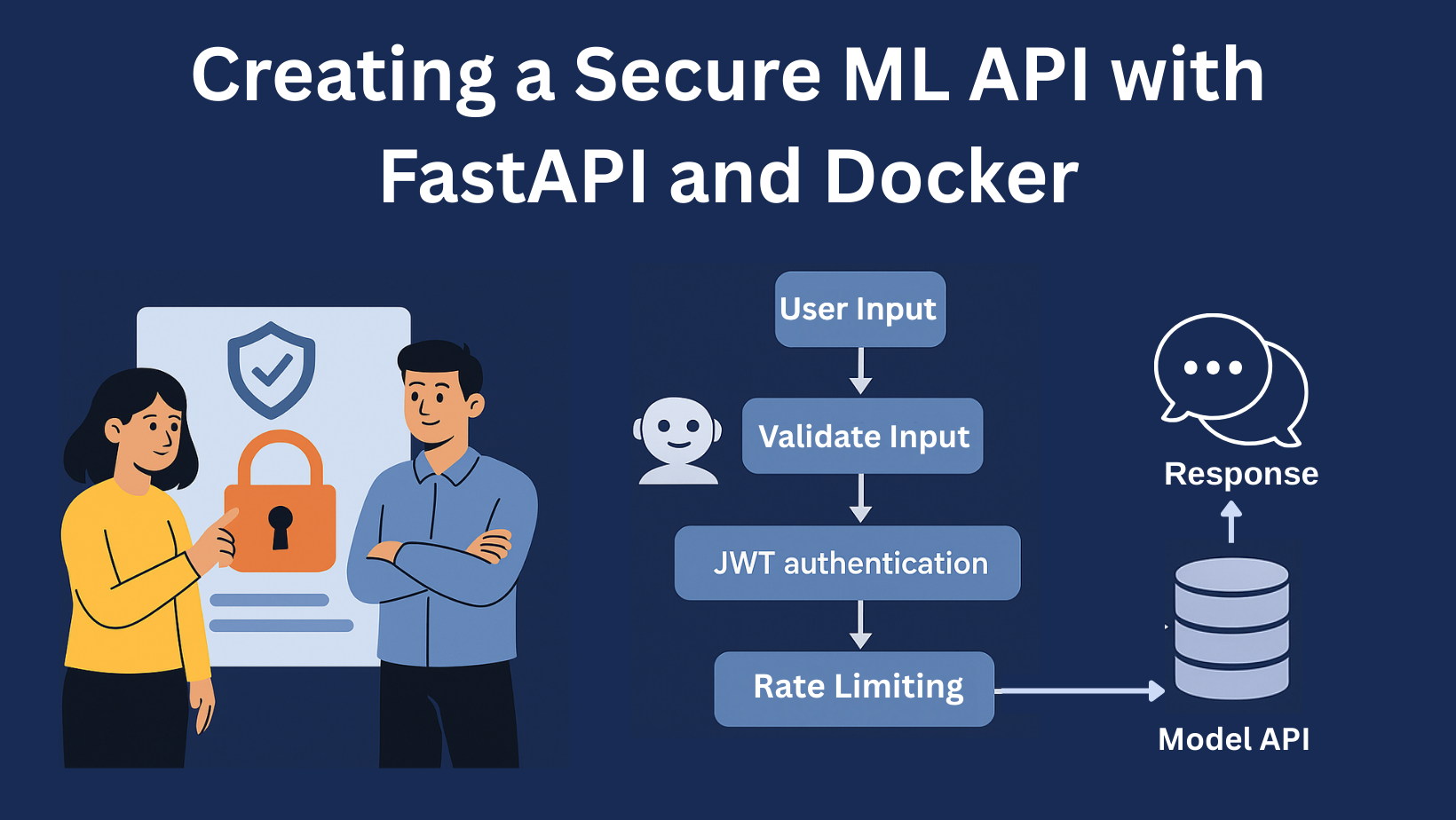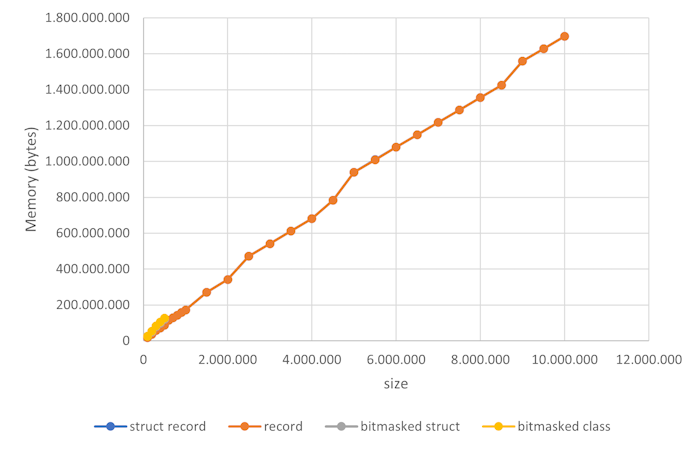"Good Code" Slows You Down
Have you ever been stuck in a never-ending refactor loop while working on your own projects? You open the repo intending to build something new — but end up tweaking that one feature you wrote two months ago. Again. I’ve been there. Probably every programmer has. Wanting your code to be “good” is something we all strive for — clean, readable, well-structured. It feels right. But when you’re working alone... does it really matter? I’m currently in the middle of a big personal project — about 50% done. Not because I’ve been building fast, but because every time I come back to it, I find something I could’ve done differently. So I refactor. Restructure. Optimize. And each time, it feels like I’m resetting the progress bar. At some point, you have to ask yourself: Do you really need all those design patterns? SOLID principles? That pristine MVC architecture? When you’re the only one touching the code, perfect becomes the enemy of done. You start finding “issues” that weren’t really problems. You improve the speed by 0.02%. You restructure working features just to “feel cleaner.” Are you really sure the time you spend (or waste) on these optimizations is worth the end result? Before heading into a week-long refactor, ask: Is this actually moving the project forward? Because at the end of the day, the user’s not going to email you a death threat over an internal method name — especially if you never even ship the thing. Build it first. Make it work. Then perfect it. That’s what betas and alphas are for — they let you publish before it’s perfect. If you’ve got a pragmatic, get-it-done coding style when working solo, stick to it. You don’t need overcomplicated or overengineered patterns for something you know already works. Now — this does come with exceptions. If you’re using the project to learn proper architecture, or you know you’ll collaborate with others later, then by all means, apply those principles. But if not, seriously ask yourself: Is it worth the hassle?

Have you ever been stuck in a never-ending refactor loop while working on your own projects?
You open the repo intending to build something new — but end up tweaking that one feature you wrote two months ago. Again.
I’ve been there. Probably every programmer has.
Wanting your code to be “good” is something we all strive for — clean, readable, well-structured. It feels right.
But when you’re working alone... does it really matter?
I’m currently in the middle of a big personal project — about 50% done. Not because I’ve been building fast, but because every time I come back to it, I find something I could’ve done differently.
So I refactor. Restructure. Optimize.
And each time, it feels like I’m resetting the progress bar.
At some point, you have to ask yourself:
Do you really need all those design patterns? SOLID principles? That pristine MVC architecture?
When you’re the only one touching the code, perfect becomes the enemy of done.
You start finding “issues” that weren’t really problems. You improve the speed by 0.02%. You restructure working features just to “feel cleaner.”
Are you really sure the time you spend (or waste) on these optimizations is worth the end result?
Before heading into a week-long refactor, ask:
Is this actually moving the project forward?
Because at the end of the day, the user’s not going to email you a death threat over an internal method name — especially if you never even ship the thing.
Build it first. Make it work. Then perfect it.
That’s what betas and alphas are for — they let you publish before it’s perfect.
If you’ve got a pragmatic, get-it-done coding style when working solo, stick to it.
You don’t need overcomplicated or overengineered patterns for something you know already works.
Now — this does come with exceptions.
If you’re using the project to learn proper architecture, or you know you’ll collaborate with others later, then by all means, apply those principles.
But if not, seriously ask yourself:
Is it worth the hassle?




























































![Apple Shares 'Last Scene' Short Film Shot on iPhone 16 Pro [Video]](https://www.iclarified.com/images/news/97289/97289/97289-640.jpg)
![Apple M4 MacBook Air Hits New All-Time Low of $824 [Deal]](https://www.iclarified.com/images/news/97288/97288/97288-640.jpg)
![An Apple Product Renaissance Is on the Way [Gurman]](https://www.iclarified.com/images/news/97286/97286/97286-640.jpg)
![Apple to Sync Captive Wi-Fi Logins Across iPhone, iPad, and Mac [Report]](https://www.iclarified.com/images/news/97284/97284/97284-640.jpg)

![So your [expletive] test failed. So [obscene participle] what?](https://regmedia.co.uk/2016/08/18/shutterstock_mobile_surprise.jpg)










![[Fixed] Gemini 2.5 Flash missing file upload for free app users](https://i0.wp.com/9to5google.com/wp-content/uploads/sites/4/2025/03/google-gemini-workspace-1.jpg?resize=1200%2C628&quality=82&strip=all&ssl=1)


![As Galaxy Watch prepares a major change, which smartwatch design to you prefer? [Poll]](https://i0.wp.com/9to5google.com/wp-content/uploads/sites/4/2024/07/Galaxy-Watch-Ultra-and-Apple-Watch-Ultra-1.jpg?resize=1200%2C628&quality=82&strip=all&ssl=1)



































































































































![[The AI Show Episode 146]: Rise of “AI-First” Companies, AI Job Disruption, GPT-4o Update Gets Rolled Back, How Big Consulting Firms Use AI, and Meta AI App](https://www.marketingaiinstitute.com/hubfs/ep%20146%20cover.png)




















































































![Ditching a Microsoft Job to Enter Startup Purgatory with Lonewolf Engineer Sam Crombie [Podcast #171]](https://cdn.hashnode.com/res/hashnode/image/upload/v1746753508177/0cd57f66-fdb0-4972-b285-1443a7db39fc.png?#)


![[DEALS] Internxt Cloud Storage Lifetime Subscription: 10TB Plan (88% off) & Other Deals Up To 98% Off – Offers End Soon!](https://www.javacodegeeks.com/wp-content/uploads/2012/12/jcg-logo.jpg)






































































